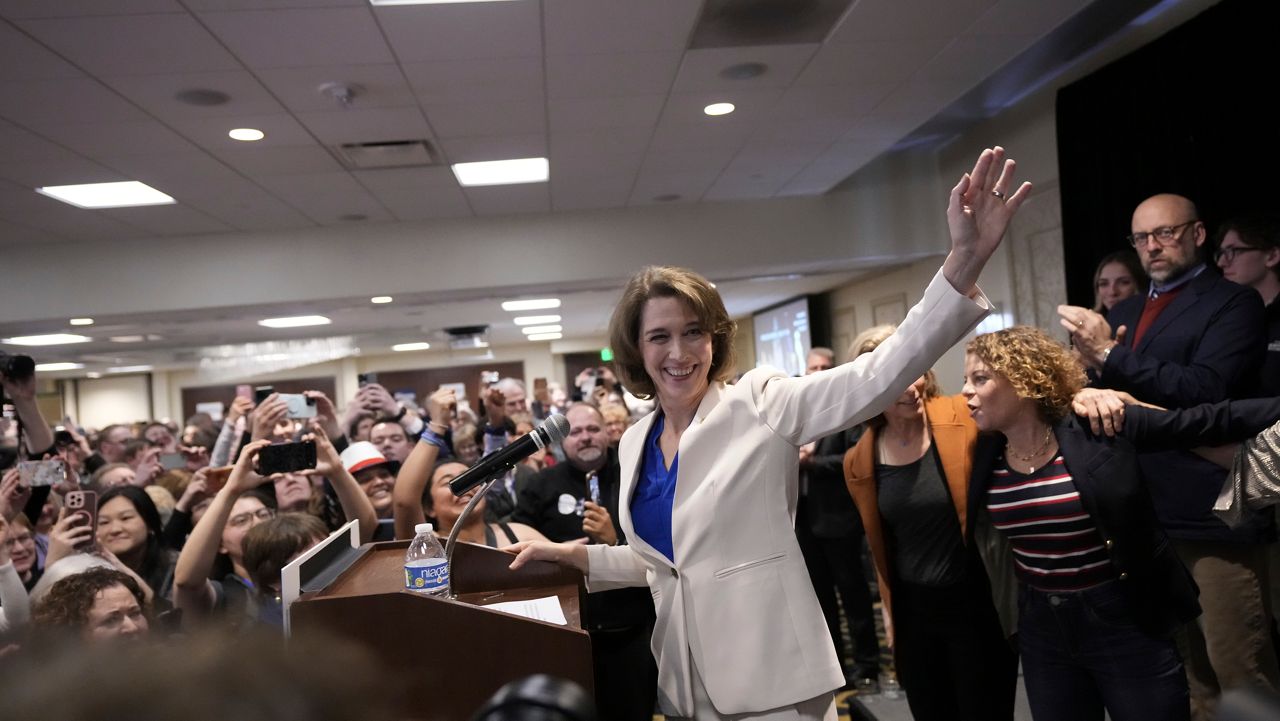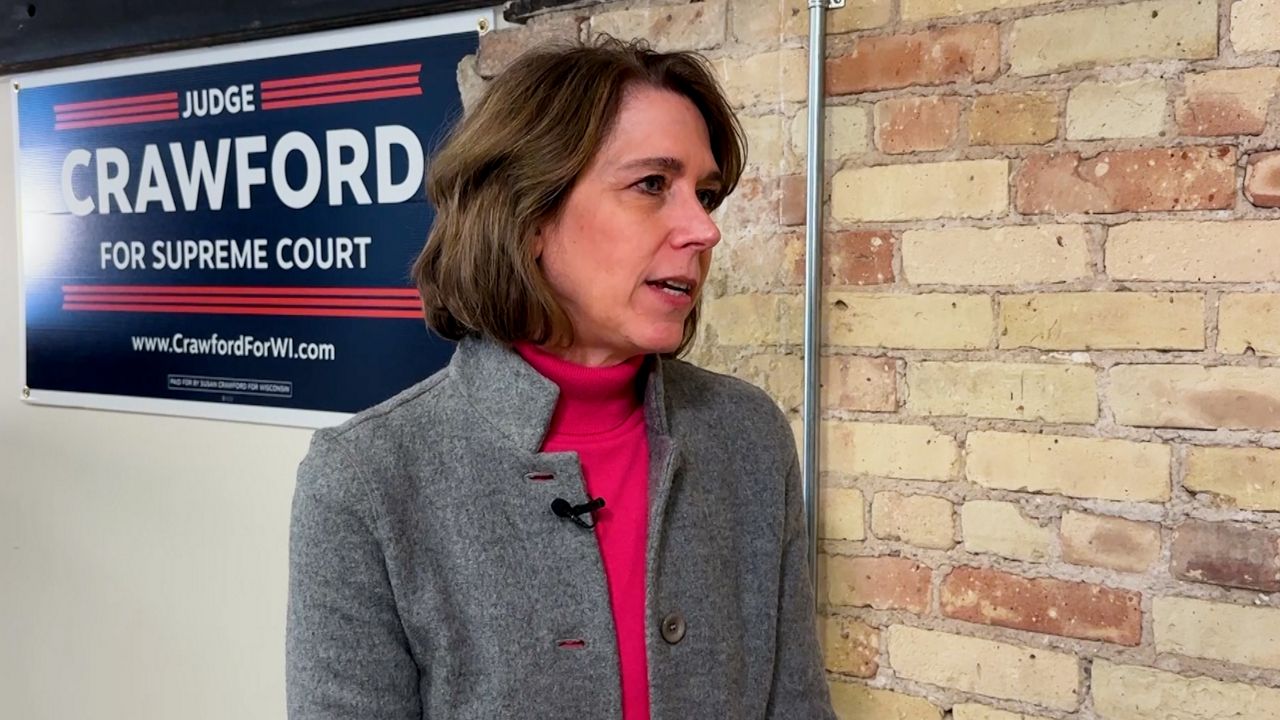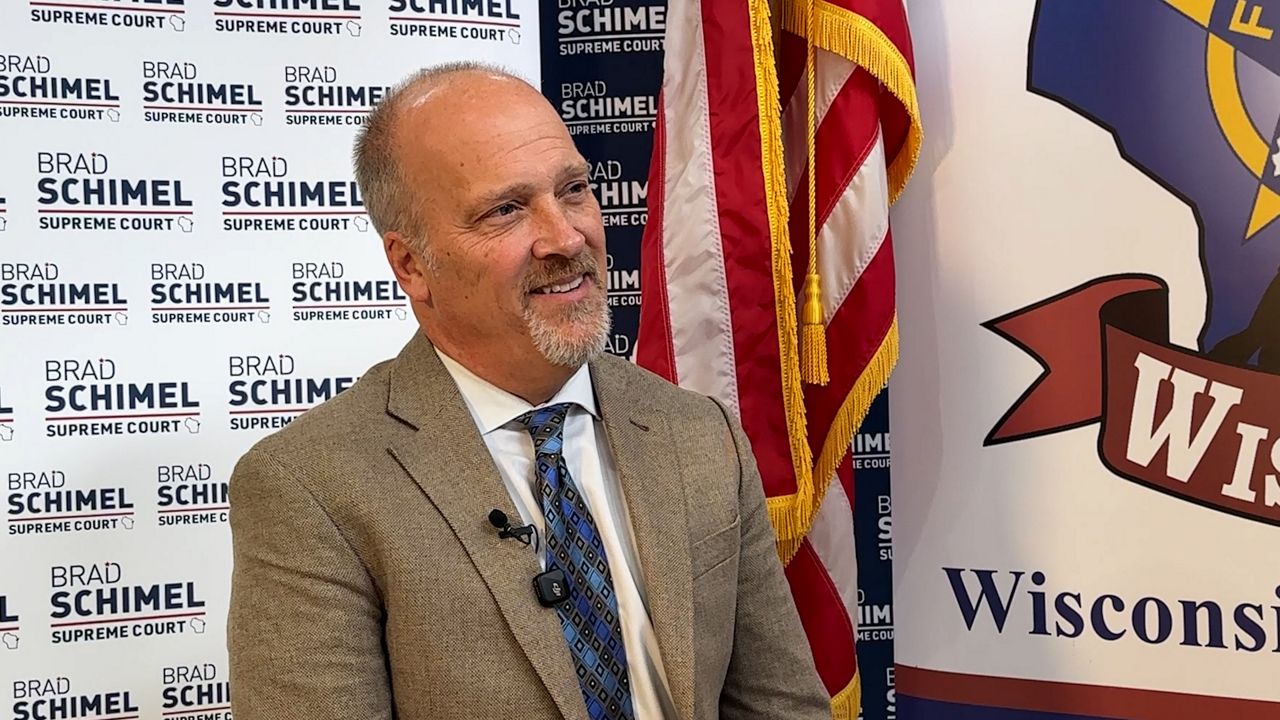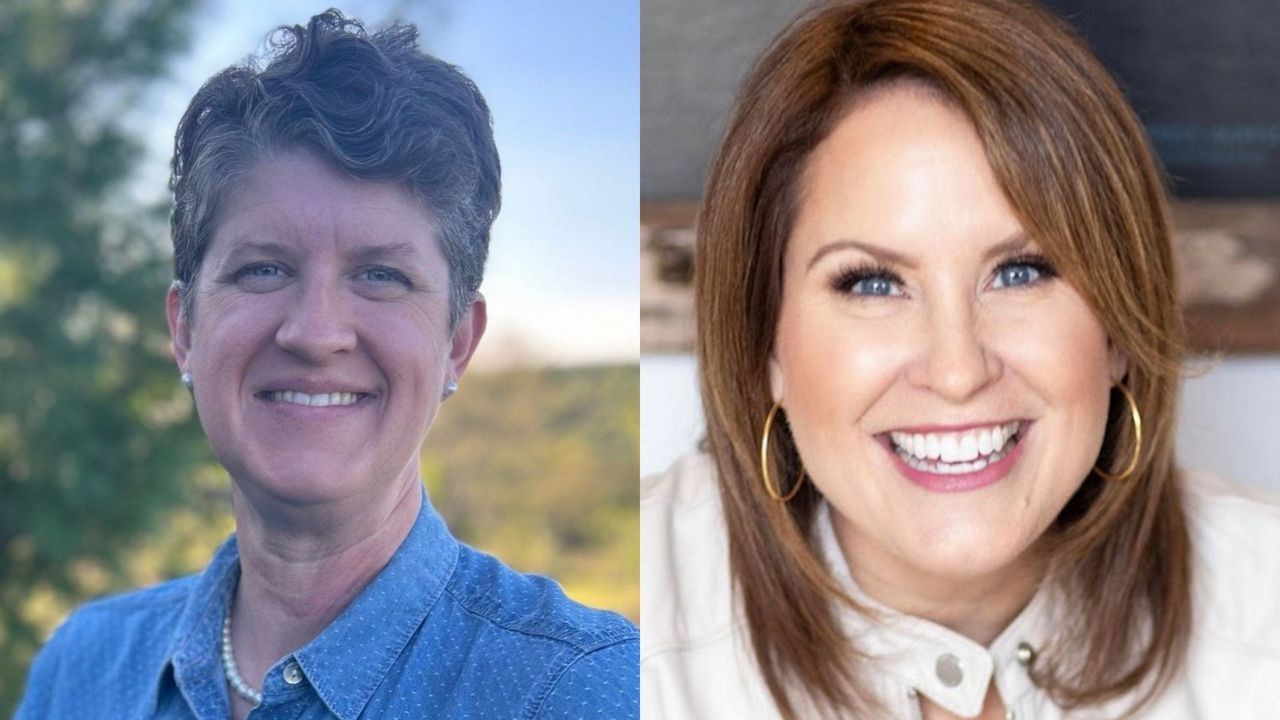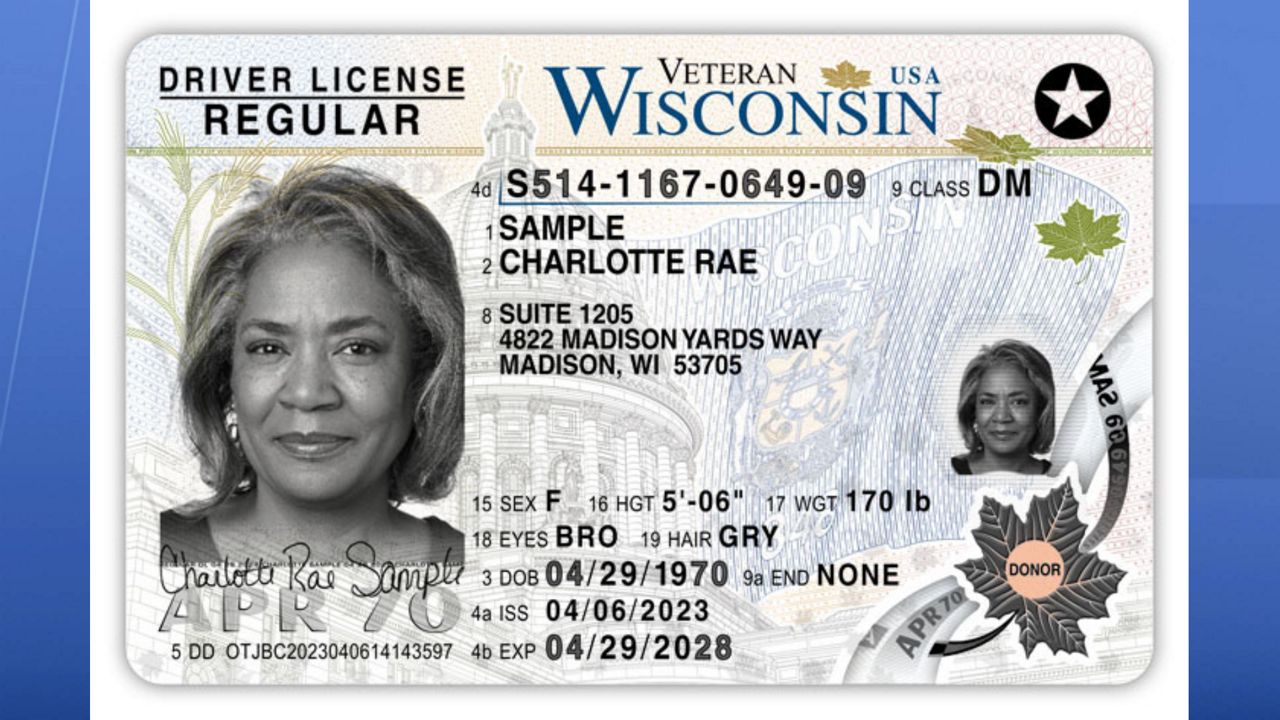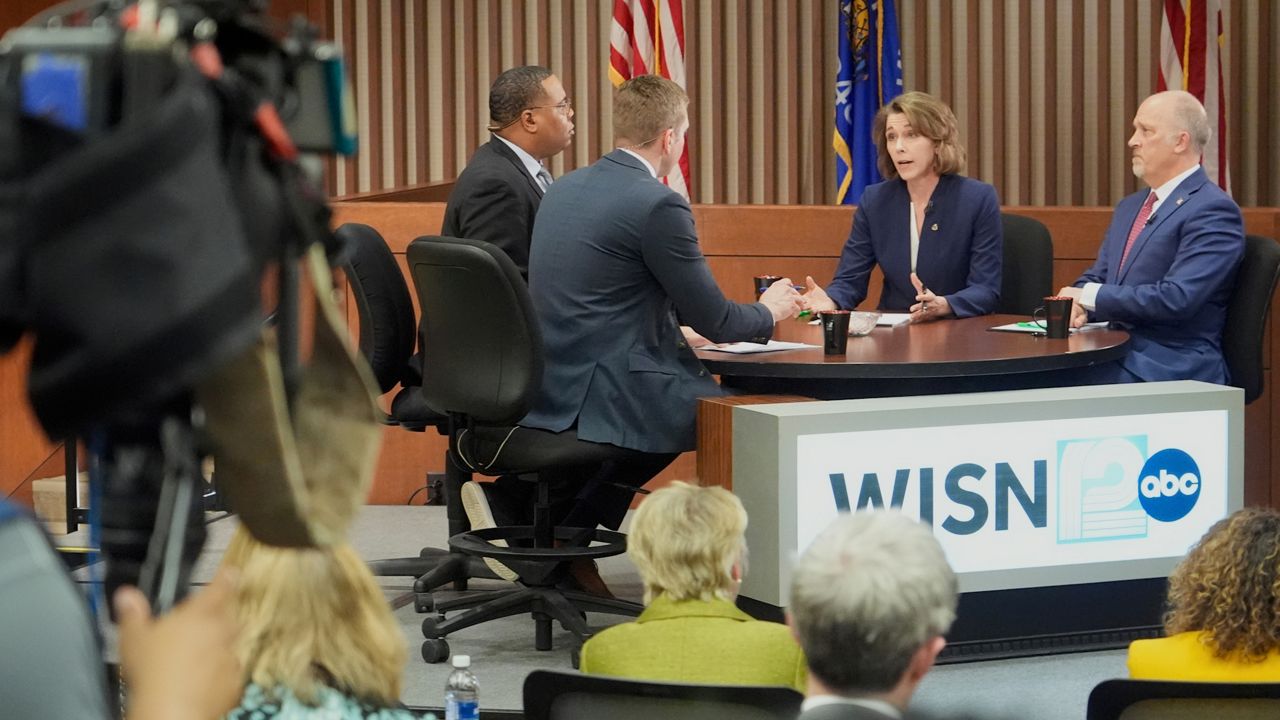MADISON, Wis. — The February primary election is next week, and several education leaders are running to lead the state’s Department of Public Instruction (DPI). However, one of those hopefuls won’t be in the race after voters go to the polls on Tuesday.
Sauk Prairie School District Superintendent Jeff Wright is among a field of three candidates running for the post, including incumbent State Superintendent Jill Underly and education leader Brittany Kinser.
The top two vote getters in the upcoming Feb. 18 primary will move on to the April Spring Election in what is technically a non-partisan race.
In 2024, Wright was awarded “Administrator of the Year” by the Wisconsin Rural Schools Alliance. He also was previously a high school principal on the south side of Chicago after he earned his degree from Harvard University.
“I've been working in public schools for the last 27 years. I was a teacher, I got to be a principal at a high school on the south side of Chicago for about nine years and now been working here in Sauk Prairie for the past 13, and six as superintendent,” Wright said. “I have a sixth grader and eighth grader in our own family, and my wife and I just know how important it is that our schools are doing well, not only for our kids, but for kids across the whole state. We know that when our schools are doing really, really well, that our communities thrive too, and to be able to do that work, to lead schools of all sizes and bring my experience, both in a big city district and in rural Wisconsin to our state capital, I think is a way that I can serve the state and make sure our schools are doing as well as possible for our kids.”
In 2024, Wisconsin voters approved a record number of referenda thereby raising property taxes to fund their local schools.
“We know that our current funding system is broken, and we see that with the over reliance on property taxes and an over reliance on local referenda to keep school programs open, we need to be working with our legislature to create some long-term fixes for school funding,” Wright explained.
According to an analysis by Wisconsin Policy Forum, school districts across the state received $4.4 billion in new funding from referendums last year.
“The current funding formula has been in place since I was a high school student up in Stevens Point. It needs to be fixed. It needs to be updated so that we're not relying so much on local property taxes to make these critical investments in our schools and in our kids,” he added.
“We should have the highest standards for Wisconsin's kids, and the timing of this change of our state standards by our current state superintendent was really unfortunate. We are districts who are trying to figure out; did the interventions and the supports we put in place coming out of out of a pandemic work or not? Well, the only way that we can judge whether or not what we've been doing with our kids coming out of the pandemic is working is to have a constant, constant metric,” Wright stated.
Republican lawmakers have recently begun an effort to revert to the standards used during the 2019-20 school year that were originally put in place by now Gov. Evers, who was serving as State Superintendent at the time.
DPI has defended the changes it said were meant to address a disconnect between what teachers experienced in the classroom and the terminology used to describe student success.
“So, changing the standards making them lower just as the time that we feel we've come out of the pandemic doesn't allow school districts to assess; have we met kids’ needs, have we accounted for learning loss, have we made the right adjustments in what we're teaching and how we're teaching? And so, we do need to have really high standards. We also need to make sure that we have a consistent metric year to year, so that schools can determine how they're doing, and that we can inform our students and their families how they're doing in their classrooms. I know our parents want to know, how is my kid doing? If the metric continues to change, it's really hard to give a parent a straight answer of how their student is doing,” he added.
“Well, let me lift up the Office of School Safety. Trish Kilpin and her team at the Office of School Safety are doing heroic work, not only after tragedy strikes a community and continuing to provide support, but the tip line that they maintain through the “Speak Up, Speak Out” software that is managed 24 hours a day is working. And I can tell you, as a superintendent, I'll get a phone call, sometimes in the middle of the night, and I'll know it's the “Speak Up, Speak Out” software, like the team that has something that I need to know so that I can keep my students safe,” Wright said.
In 2024, the Wisconsin Dept. of Justice’s Office of School Safety reported a 40% increase in tips regarding potential threats in districts across the state.
“Small districts could never maintain a 24-hour-a-day support line to catch student tips and family tips, but together, with a combined force of the Justice Department and the Office of School Safety, we can do that now. At DPI, I think it's my job to make sure that we are advocating for the Office of School Safety, its budget has been threatened to be cut multiple times. This is something that is so essential to help keep our students safe, whether they are reporting bullying, whether they're reporting fights or potential violence, a student who's considering suicide or self-harm or a threat to the school, having access to a 24-hour tip line keeps all of our kids and our community safer, and the DPI needs to continue to advocate for its funding, so that program continues,” Wright added.
“I don't favor increasing the income level for the state voucher program right now, it's already a program that is making it hard for us to afford two programs for school funding in Wisconsin. It's also an incredibly hidden tax on property owners across the state. I don't think there's good transparency when it comes to our voucher program,” Wright said.
“People don't understand that it's actually listed on the public school district part of your property tax bill, but that money is going, in some cases, to pay for voucher programs. If anything, it should be a separate line item on your property tax bill, so that you, as a homeowner, know how much you're paying into a statewide voucher program, but until that transparency and accountability is part of this, we should not be expanding the program.”
Last year, MPS was months behind on submitting key financial data to DPI, which prompted questions and concerns from Milwaukee taxpayers and parents with children in the district.
“I hope that if I get the honor of being our state's next state superintendent, that I can have a much healthier partnership with Milwaukee's public schools. We know that we want Milwaukee's public school students to have great opportunities and to have more academic success, but we also need to make sure that it's financially accountable. The way that the DPI and MPS work together last year clearly was very broken, and that dysfunction manifested itself when months after reports were due, the DPI made public that these deadlines were missed. We would never do that to a student, if a student missed an assignment in October, we wouldn't tell their family Memorial Day weekend that the child is not going to graduate. To hold that information that long, instead of coming into Milwaukee and saying, ‘We are partners in this work, what can we be doing together to make sure that the financial reports are turned in on time and that we know that the financial house is in good order,’ if we do that up front as a good partner, I think that Milwaukee Public Schools and the DPI can work together really well, but that delay and that delay of reporting to the public, what was happening was unacceptable, and it's something we have to change, and I hope to do that as the next leader,” Wright explained.
“I think that one thing that's important for me is that the school leaders across the state have endorsed me to be the next state superintendent, and it's really unusual for the state's principals and superintendents and other school leaders to break with an incumbent, but I think it's showing that they want a change in leadership,” Wright added.
“They want a new vision for the department. They want to make sure that these historic achievement gaps are finally addressed. They want to make sure that there's a more meaningful partnership between our districts and the Department of Public Instruction. I get to be a superintendent in the most purple county in all of Wisconsin, and so I'm used to bringing everybody to the table to get important things done for our kids and for our schools and I hope to bring that sort of nonpartisan problem-solving approach to Madison on behalf of all the kids in Wisconsin in our schools.”






